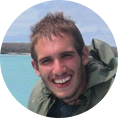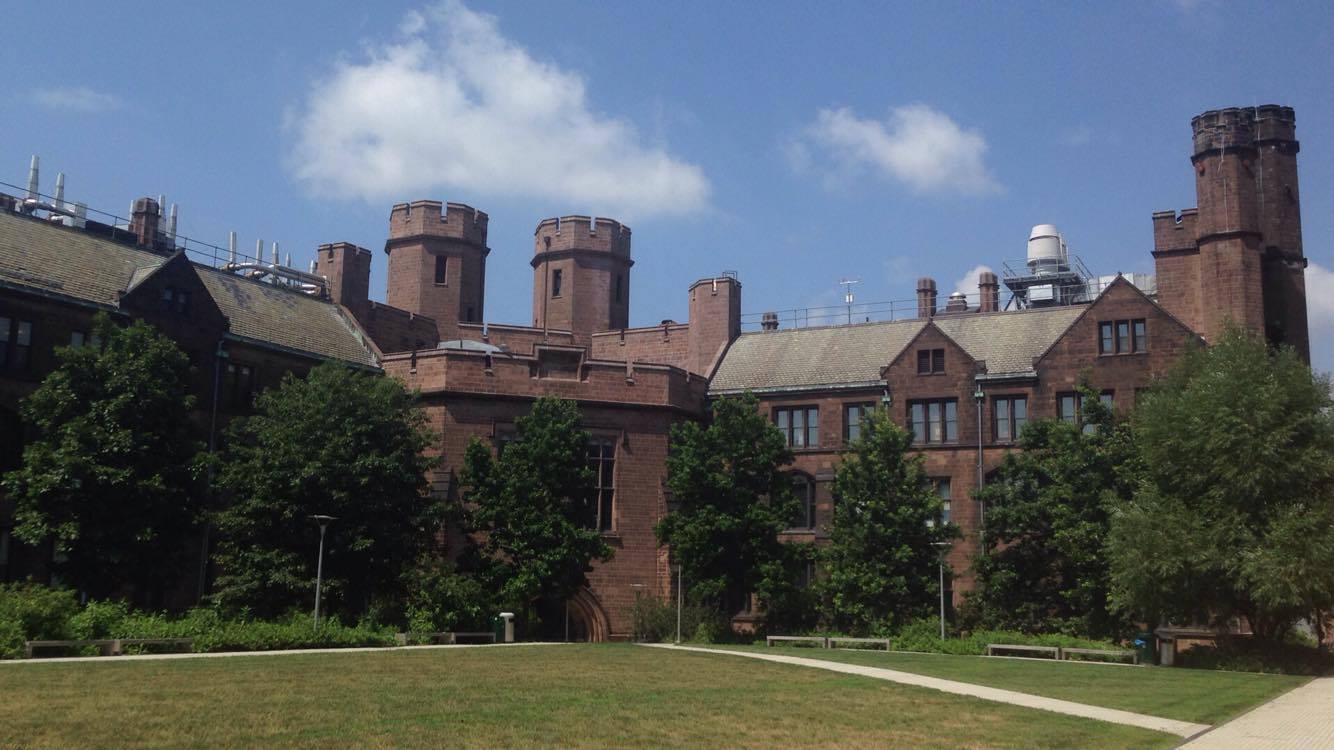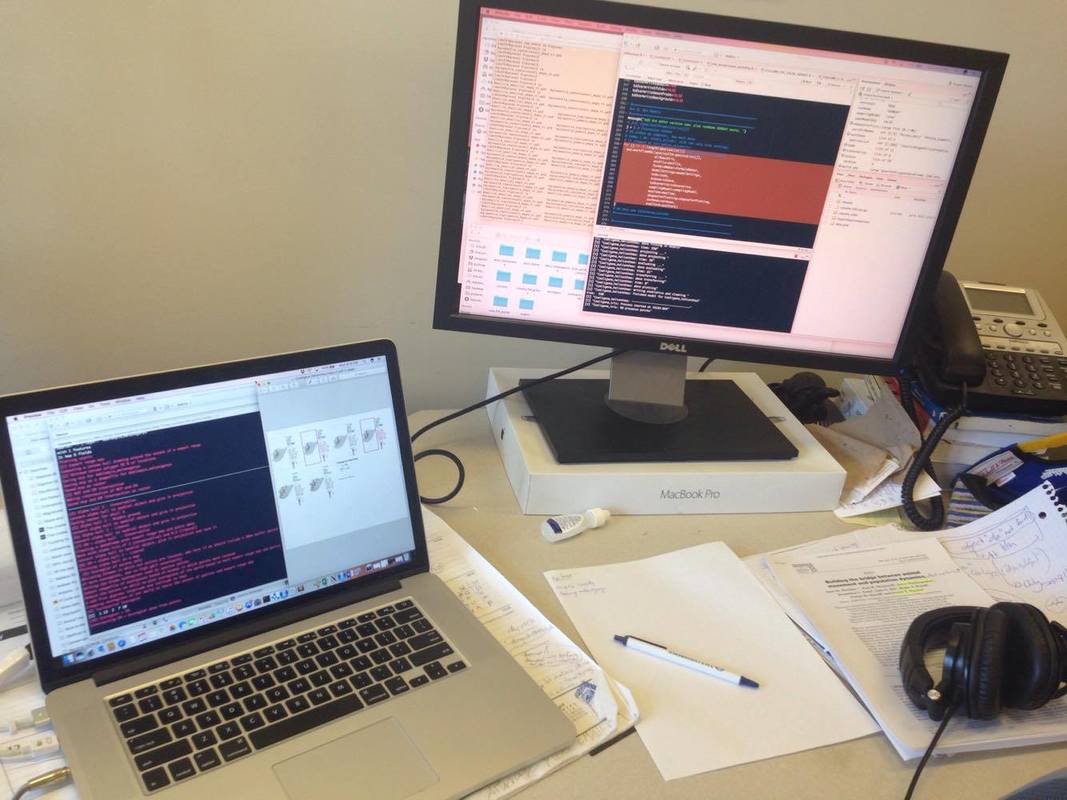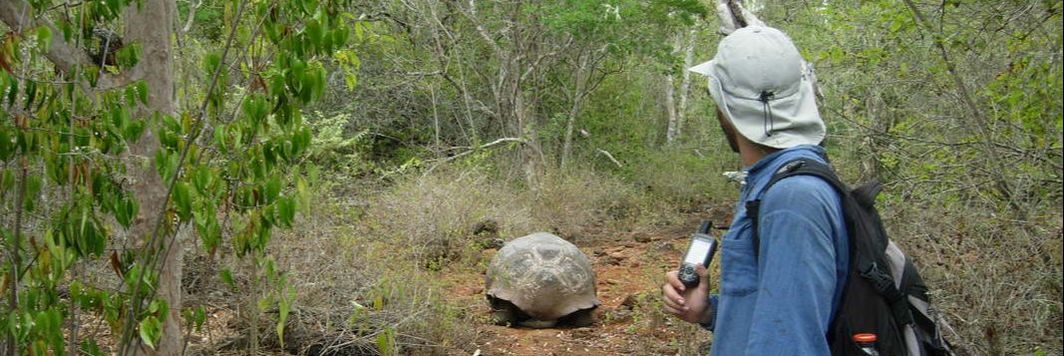Two years ago I considered myself a wildlife biologist; armed with a yagi antenna and a base station. Nowadays, I spend at least five hours a day writing and debugging code . During my masters studies I worked as a research assistant on a database for animal movement. This gave me the opportunity to dig deeper into what I first considered one of many potential research interests. During these two years, I learned many soft skills. These ranged from tracking and tagging wild birds to writing formal letters to scientists in English to data standardization. Most importantly, this somewhat longer time period allowed me to be part of a research project and to make important connections which eventually lead to a full time job. I have always been on the move, which led to my passion for travel and desire to learn how animals do it – otherwise known as movement ecology. I was born in Germany, moved to Uruguay, which was followed by attending high school in Costa Rica. I then returned to Germany for my undergraduate degree and spent a year in Ecuador doing fieldwork for my research. I stayed in Germany a few more years for my master’s studies in Konstanz and now have been in the USA for six months. The decision to leave Germany was not easy. I had just been hired at the Max Planck Institute for Ornithology in Radolfzell (MPIO) as a technical assistant and was still digesting completing University. To emphasize this decision, I need to provide some more background: If I could describe my perfect job atmosphere it would be at the MPIO. I have found so much personal and professional joy there that I hope to stay connected to this research institution for the long run. That said, I have never spent more than a few years working in the same place. It struck me that my goal since starting as an undergraduate was to aim straight for a PhD, and I never actually planned on having a “real job” after my master’s. Yet, I could have not been happier with my decision to work as a technical assistant and researcher before looking for a PhD. Below, I want to emphasize some reasons why this current post is entitled “Is there such a thing as too much experience before starting a PhD”? 1) A year ‘break’ between a masters and a PhD gives you time to think about your (personal and professional) future goals. This may sound cliché, but for the first time in a long time I can ask these things without having to go to classes, study for exams or look for PhD programs, all whilst worrying about whether I will actually graduate in time. Rather, I can spend time going to short talks, workshops and actually decide the topics which I want to attend. In my case this means learning more coding skills, statistics, high performance computing, and networking with new people.
2) I am currently a visiting research scholar at Yale University, working at a large lab focused on biodiversity patterns, remote sensing and climate change. These are very different topics from what I did in my masters (working on the behavior, physiology and movement patterns of Galapagos tortoises). I feel that being in a lab focused on different disciplines has expanded my viewpoints and opened my eyes towards new questions (such as starting more comparative and large scales approaches, scaling up from individual level dynamics to populations and intraspecific differences). Another more direct example is that I was offered to join members of my lab going to the international conference for conservation biology in Colombia this year, which is something I would have not done on my own. With regards to my new research, I feel that being in a more macroecological lab has actually helped me think somewhat differently about my current research areas and about how to integrate these disciplines. 3) A year of work between master’s and a PhD allowed me to see how research is done on the other side of the Atlantic Ocean without having to commit to a five-year position. Despite being here for only a few months I feel that this has helped me a great deal to understand how PhD programs work in the US (this was mostly learned by chatting over a beer with students and faculty members). 4) One of the greatest advantages of not being a student anymore and ‘working’ at a strong research university are the number of talks and international people visiting for diverse department seminars. I have heard a wide range of amazing speakers talking about research I had never heard of and that inspires me to ask questions on my study system that I would have never come up with by myself. This has led to the start of some collaborations that I am sure will pay off in the future. An example of this was that while listening to a talk about subsidies and ecosystem implication of Serengeti migrations, I became inspired to start quantifying the ecosystem service of tortoises in tiny ponds and its insect community in the Galapagos. These talks can take between fifteen minutes up to an hour of your daily routine and it is definitely worth it staying up working later for these if you can! 5) So far I have found this time period to be the very flexible and could not be happier. I also think that I am learning every day, especially those practical skills that are so important in helping answering your research questions during your PhD. A job between a masters and a PhD is “hands on” and therefore I consider that the gain of dealing with new sorts of data, software, workflows, writing, finishing tasks on hard deadlines and coding are all necessary skills in any sort of PhD across the natural sciences. To sum things up, I consider that a job before a PhD does not ‘slow’ your aspiring career in science in any way. Instead, it helps you acquire a range of ever-important practical skills, and gives you time to think whether a PhD is really for you. A year working is the best way to decide whether you want to take the next step of committing to a PhD for the next few years and definitely want to stay in academia, or whether you want to work outside of it (for which a master's is often sufficient). Diego Ellis-Soto is a visiting research scholar in the Jezt Lab at Yale University, Connecticut
0 Comments
Leave a Reply. |
|




